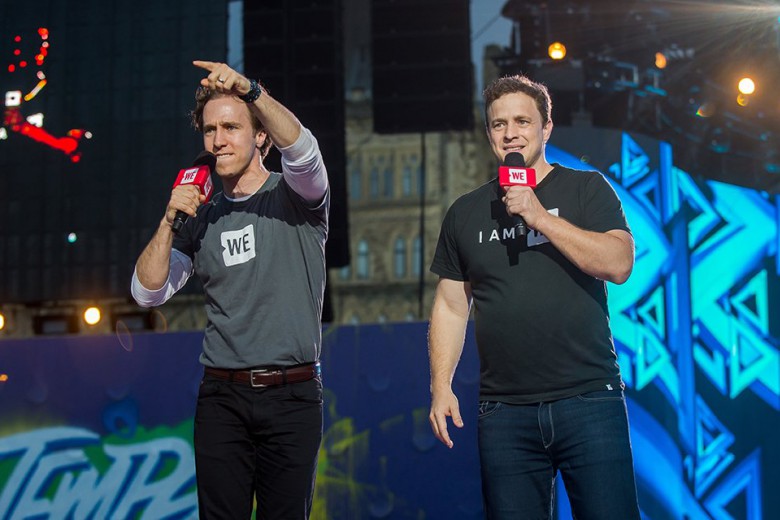We’re in a moment of massive political volatility in Canada – facing down the sixth wave of COVID-19, the renewed rise of the far right, and the worsening climate crisis. We’re also in a moment of political possibility: a Liberal minority government, with the NDP holding the balance of power.
From economic planning throughout the 1930s and ’40s to medicare in the 1960s, many of Canada’s most progressive social policies and public programs were won under this kind of government. What we have now is a window of opportunity. However, we cannot assume that any of our demands (even watered-down versions) will be implemented without sharp strategy and a fierce fight. Organizers need to work hard and intelligently to build mass movements capable of winning social and economic justice for all.
Of course, designing and building transformative mass movements isn’t easy. It requires us to understand the structural supports that uphold our current system, in order to undermine them. It demands that we ground ourselves in our own unique political and economic realities in order to weave politics into the fabric of our daily lives. And finally, it requires that we develop effective strategies and cultivate welcoming movement cultures — ones that millions of people will find joyful and irresistible.
I offer this list of readings and resources as a starting point for anyone committed to building the cohesive, disciplined, and transformative mass movements that we’ll need in order to tackle the overlapping crises we face and usher in a radical politics for a new era.
1. Grounding in our foundations
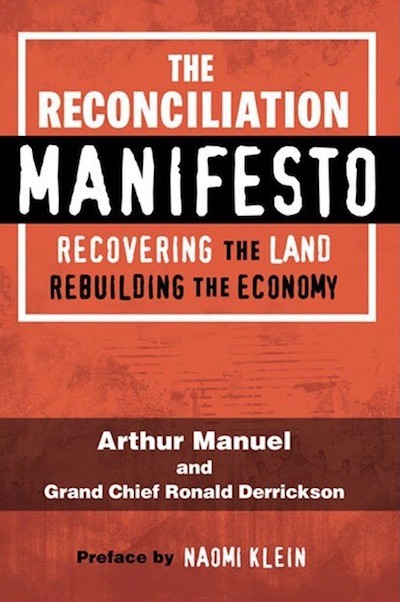
The Reconciliation Manifesto
The Reconciliation Manifesto is an essential text for helping non-Indigenous people understand how they are beneficiaries of the ongoing settlement of Indigenous peoples’ land, theft of their resources, and denial of their jurisdiction and right to self-determination. A Secwepemc leader and long-time Indigenous rights and title defender, Arthur Manuel makes clear why decolonization must include returning land to Indigenous Peoples. He traces the laws, policies, and foundational legislation – like the Indian Act – that underpin Canada’s colonial agenda, and invites all non-Indigenous people living in Canada to recognize their own obligations and stake in dismantling the colonial system. He prompts us to recognize that “you cannot simply reform your racist state by enacting a few more programs and delivering a few more services. It is imbedded in the very nature of Canada and requires a completely new deal.”
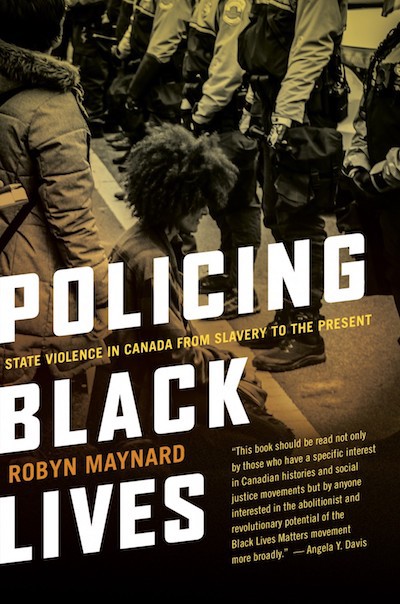
Policing Black Lives
Policing Black Lives tears apart the myth of Canadian tolerance and multiculturalism, revealing instead how anti-Black racism is deeply embedded in Canada’s foundational structures and present institutions. Robyn Maynard deftly weaves together the threads of anti-Black racism and settler colonialism, tracing how Black people in Canada continue to be met by state-sanctioned violence, surveillance, and criminalization within the everyday institutions of the state, from prisons to schools. She makes clear why tinkering with the current system will never affirm Black life. We must disinvest from and dismantle our existing institutions that uphold anti-Blackness and rebuild a society with Black liberation, economic justice, and gender justice at its core.
2. Understanding our present
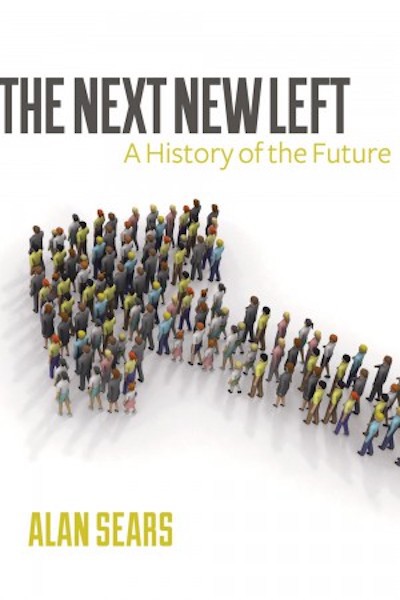
The Next New Left
In order to build powerful mass movements capable of meeting the scale of the overlapping crises we face, we must simultaneously be grounded in our current reality, grapple with our history, and understand what we’ve inherited from movements that have preceded our own. The Next New Left is a critical text for doing just that. Alan Sears traces a history of the Canadian left throughout the 20th century, paying particular attention to what he calls the “infrastructure of dissent” — the means through which organizers develop their capacity for movement-building, political education, and development of shared analysis. He lays out how our infrastructure of dissent has been hollowed out by neoliberalism, and he compels today’s organizers to both rebuild this infrastructure in new ways and embed it in our everyday institutions like workplaces, universities, and faith-based organizations.
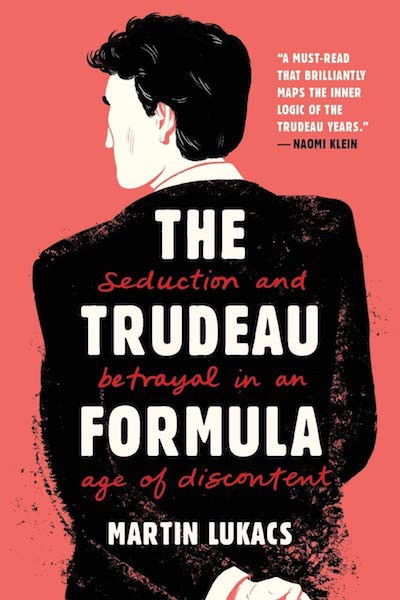
The Trudeau Formula
Published in 2019, ahead of the last federal election, The Trudeau Formula by Martin Lukacs is an indispensable book for all organizers seeking to build power and achieve political change at the national level. Drawing on first-hand reporting from Liberal Party conventions to weapons trade shows, Lukacs strips back Justin Trudeau’s progressive veneer to reveal how the Liberal government playbook has consistently been written by and for Canada’s corporate elite.
The Trudeau Formula is a stark reminder for social movement organizers that we cannot be content with simply achieving shifts in public opinion and narrative wins. The Trudeau government is skilled at co-opting the language of social movements while doing nothing to advance the actual material changes we’re demanding. This is how we end up with a government that declares a climate emergency one day and buys a pipeline the next, or takes a knee for Black lives while continuing to funnel billions into policing and prisons. Instead, we must continue to build the material power necessary to topple the institutions upholding the status quo and legislate the solutions our communities deserve.
3. Building winning strategies
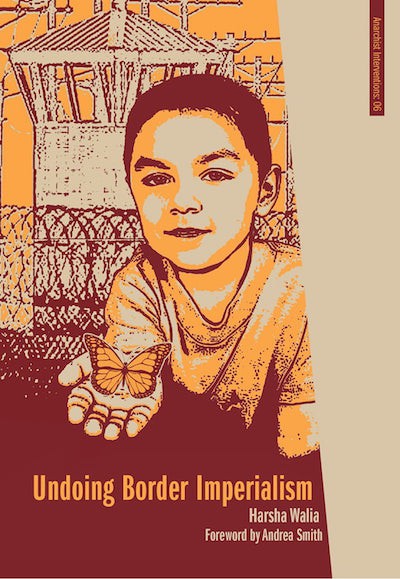
Undoing Border Imperialism
While Harsha Walia’s most recent book Border & Rule is deservedly in the spotlight right now, organizers should not overlook her first text, Undoing Border Imperialism. The work offers a theoretical framework for understanding border imperialism while also weaving in Walia’s own experiences in migrant justice movements. Drawing on over a decade of organizing with groups like No One Is Illegal, Walia invites readers into the debate around how to build broad coalitions without pandering to the lowest common denominator. Walia makes clear that decolonization is an ongoing process of reimagining our relationships to the land, the state, and one another in ways that have practical implications for how we construct and strategize within our movements. She cautions us against compartmentalizing Indigenous struggle to fit our own existing narratives, and she instead lays out how our movements can — and must — move toward an ongoing practice of decolonization.
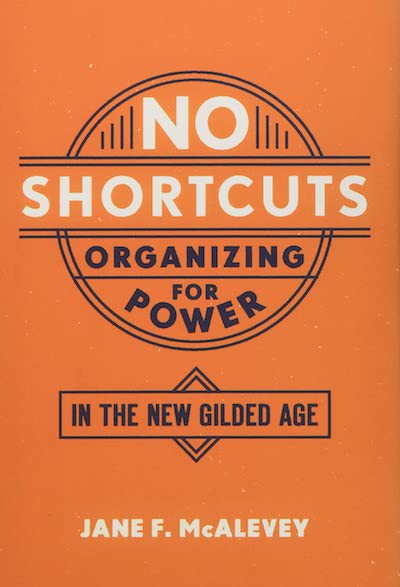
No Shortcuts: Organizing for Power in the New Gilded Age
Drawing on a dozen case studies from labour unions and social movements, No Shortcuts is a must-read for any organizer attempting to build working-class power in Canada. Jane McAlevey stresses the critical distinction between mobilizing and organizing, making the case that the widespread conflation of the two is in large part to blame for the weakened state of the labour movement and overall decline of working-class power in recent decades. She stresses that movements’ success is dependent upon building and sustaining mass participation within the everyday structures of our society.
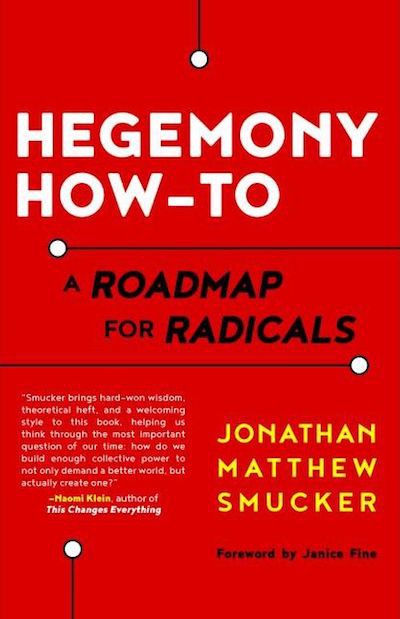
Hegemony How-To
When I first read this book, it transformed my entire way of thinking about and engaging in the practice of organizing. While it has received mixed reviews from many radicals, Hegemony How-To opens a critical conversation about the left’s tendency to build insular movements that are more focused on claiming the moral high ground than they are on actually wielding power to improve working people’s material conditions. Jonathan Matthew Smucker calls on us to get outside our leftist comfort zones, meet people where they’re at, and overcome our aversion to contesting for mainstream power. As he writes, “there is nothing ‘radical’ about an attachment to outsiderness and marginality.” Finally, Smucker cautions against focusing exclusively on prefigurative politics — such as mutual aid or consensus-based decision-making — at the expense of directly confronting powerful institutions. It’s a conversation that I believe is increasingly crucial as we witness the rise of deradicalized forms of “mutual aid” organizing in the wake of COVID-19.
4. Cultivating a transformative movement culture
“Moving Toward Conflict for the Sake of Good Strategy”
An organizer and facilitator based in Brooklyn, Yotam Marom has yet to write anything about organizing and movement-building that I haven’t deeply appreciated. In this, his most popular article, Marom argues that tendencies towards conflict avoidance are hindering the growth of left-wing mass movements. He argues that generative conflict is a prerequisite for good strategy. Without it, we make compromises that water down our strategies, shy away from strategic and tactical precision, and ultimately avoid facing hard truths about what our movements can rightfully take accountability for winning (and what we cannot). As Marom puts it, “strategic clarity requires conflict, because focus, boundaries, and honesty are integral to good strategy. Good strategy requires the skill to debate, the ability to say no, the strength to let things go.” The transformative potential of our movements depends on sharpening our skills and ability to go deep in generative conflict.
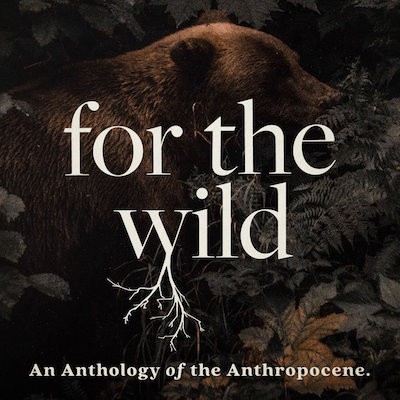
“Transforming Toxic Movement Culture with the Wildfire Project” on For The Wild Podcast
This podcast episode is one I return to often. It covers so much ground when it comes to how we can build the deeply embodied, pro-power, and solidarity-driven cultures our movements require in order to win a world where we can all experience dignity, safety, and freedom. The episode delves into conflict avoidance, our aversion to power, the importance of balancing purpose and belonging, and why we often shy away from taking leadership in order to avoid vulnerability and accountability.


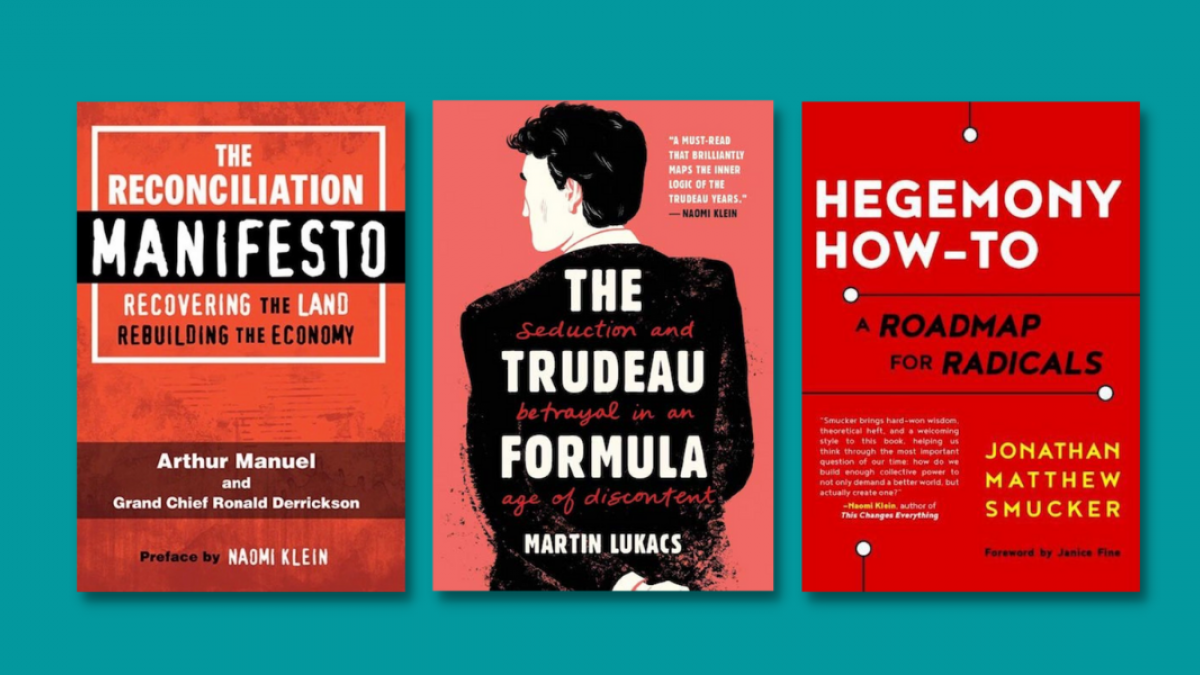
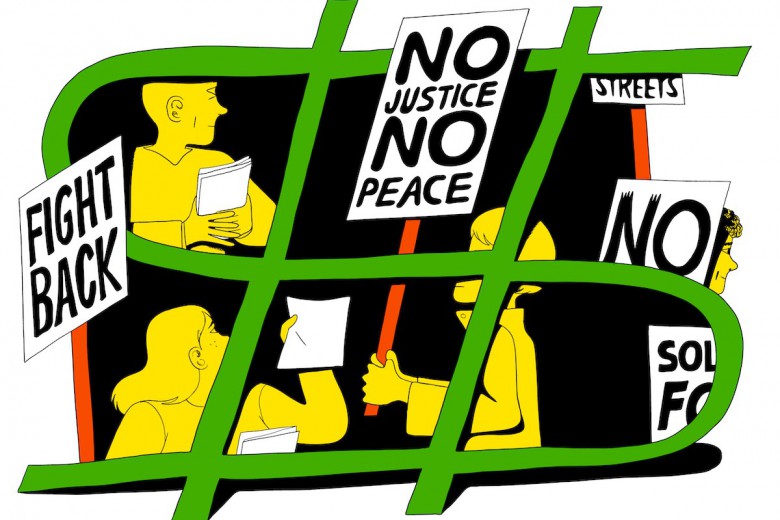

_780_520_90_s_c1.jpg)
